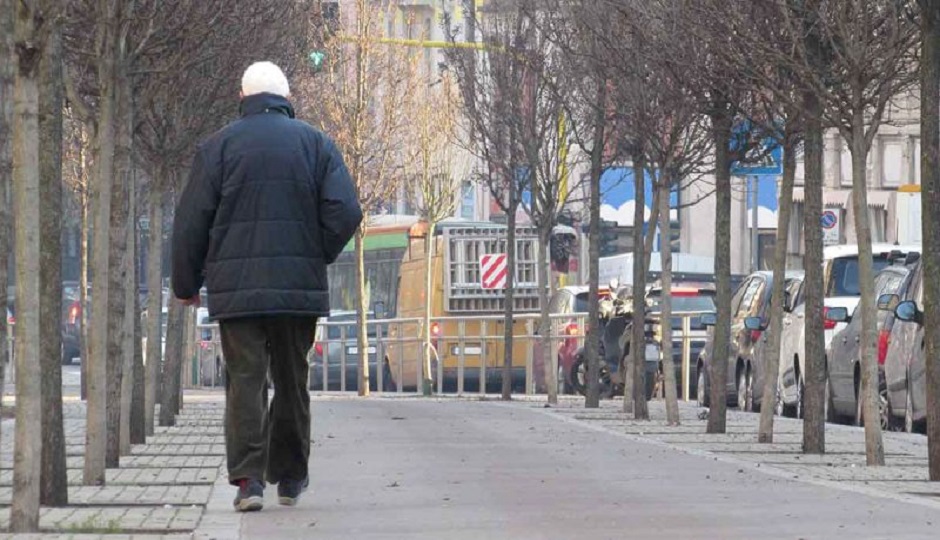
The study showed that older adults with mild disabilities who live alone are generally successful in meeting their primary needs through a wide range of strategies, but that these require considerable time and effort, the sustained support of a diverse network of caregivers (children, siblings, neighbours, friends, other relatives), the mobilization of local community resources and the use of multiple delivery services. In order to focus their energy on the essential, these older adults must also give up certain valued activities.
The main concern is the ability to maintain this precarious balance of needs, resources and strategies.
The main concern expressed by interviewees was the ability to maintain this precarious balance of needs, resources and strategies if their autonomy is reduced by illness or a severe disability. Most appeared to have little confidence in their ability to find the necessary home support, especially for urgent needs.
Another major source of concern and difficulty among homeowners, especially women (who are more likely to live alone with modest incomes), was maintaining their homes (cost and quality of repairs, building and grounds maintenance, etc.).
These two concerns about the future push them to consider moving into a retirement home, sometimes before being forced to do so by a more significant loss of autonomy. A final point common to study participants, both owners and tenants alike, was apprehension about their financial capacity given their modest income. Would they be able to pay for the repairs and maintenance of their home, or for the costs of the home support services they need to continue living at home? Would they be able to find an affordable retirement home adapted to their needs?
Main researcher
Anne-Marie Séguin, Institut national de la recherche scientifique
Summary
Deposit of the research report: Octobrer 2017
